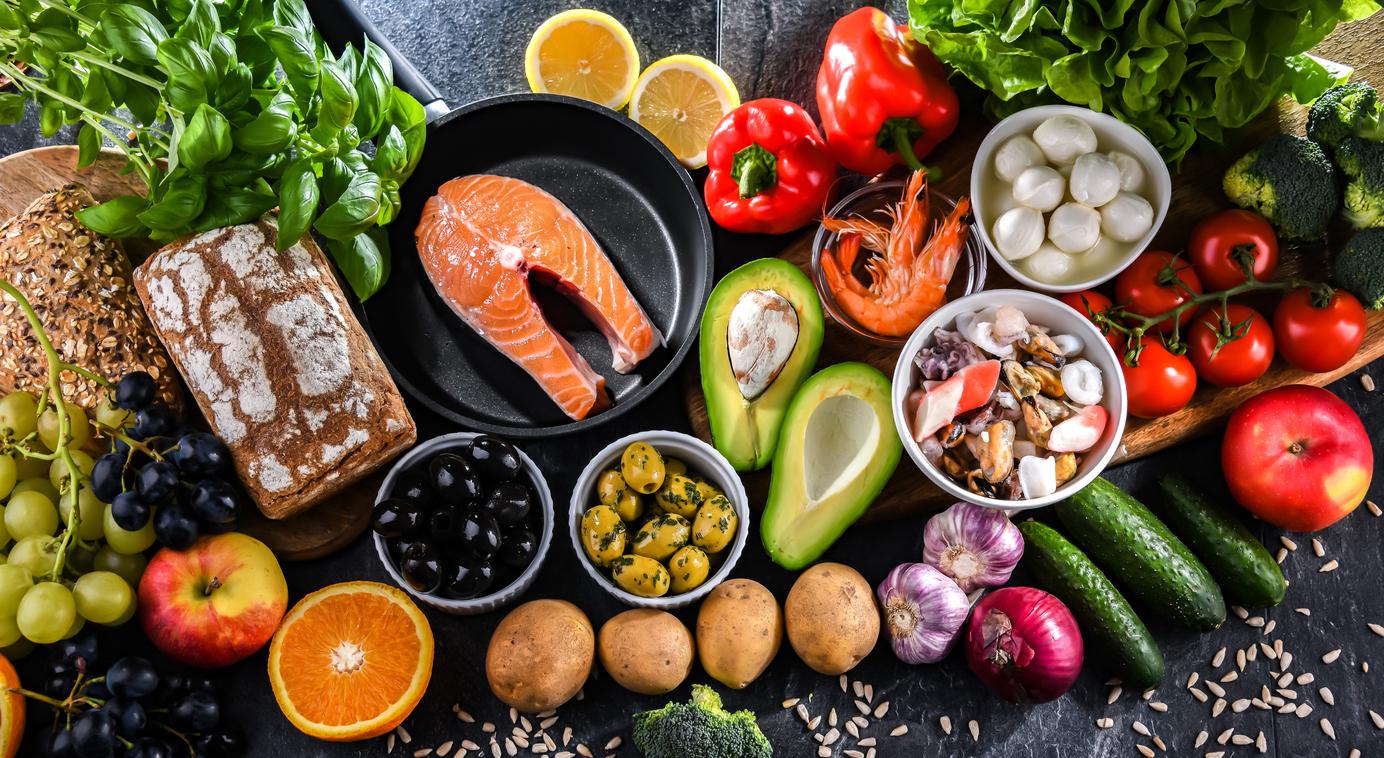The Mediterranean diet enriched with virgin olive oil is beneficial. It potentiates the protective effect of HDL cholesterol against the formation of plaques in the arteries.

The sun, the cicadas, the olive trees… The shores of the Mediterranean are the dream of many French people. Failing to live there, it is possible to adopt the eating habits. The Mediterranean diet is indeed beneficial for the heart, especially when it includes an olive oil supplement. This is what a randomized trial published in Circulation.
Unsurprisingly, this study took place in Spain, where 296 people at high cardiovascular risk tested different preventive diets. These volunteers were randomly separated into three groups. Two consist in evaluating the impact of the Mediterranean diet – enriched with virgin olive oil in one case, with nuts in the second. The third group was used as a control with one detail: the diet is designed to reduce the share of red meats, processed foods, fatty dairy products or even sweets.
A modest effect
At the start of the study and one year after its start, all of these participants had a blood test. The analysis of these samples is conclusive: the Mediterranean diet rich in virgin olive oil is the most beneficial. The reason is more surprising. If it does not increase the level of good cholesterol (HDL), it potentiates its effects. Thus, this lipid more effectively eliminates bad cholesterol (LDL) and triglycerides, which are associated with an increased risk of cardiovascular disorders.
In fact, the Mediterranean diet enriched with olive oil, boosts the ability of HDL to remove cholesterol from plaques that form in the arteries and to transport them to the liver. Its antioxidant protection and vasodilator capacities are improved. This diet is also the only one to lower total and LDL cholesterol. Conversely, the control diet – although rich in fruits and vegetables – has a negative impact on the effectiveness of HDL.
The effect of these dietary changes remains modest, mainly because the variations between diets are, the researchers point out.
.















